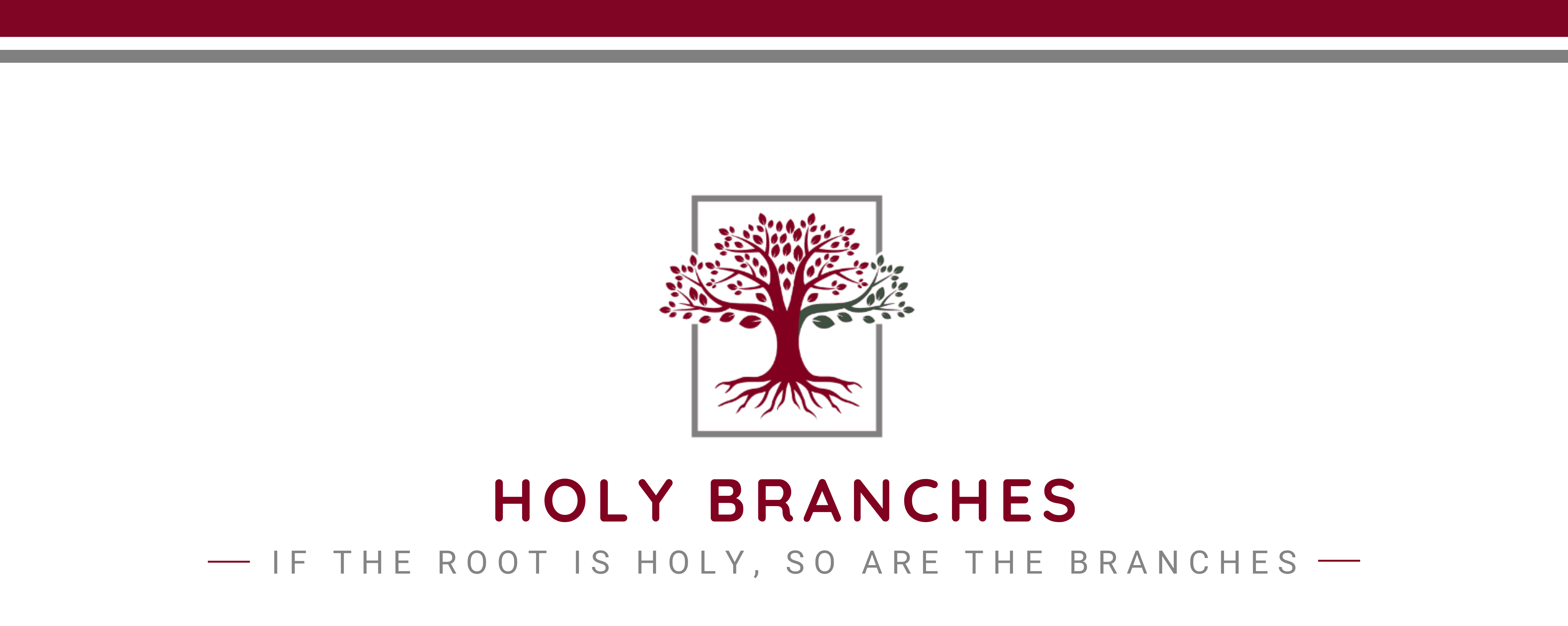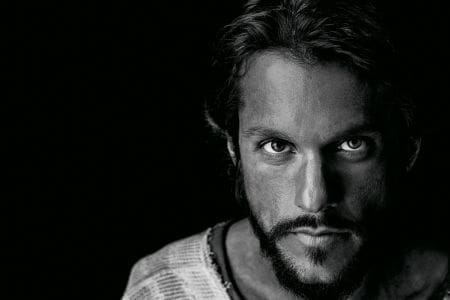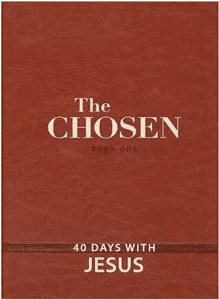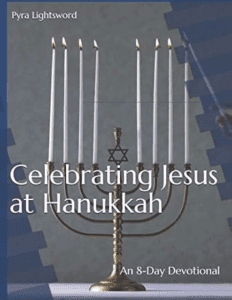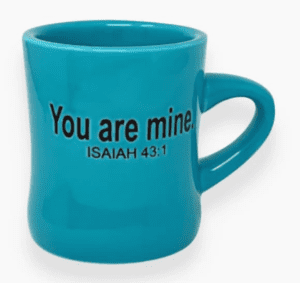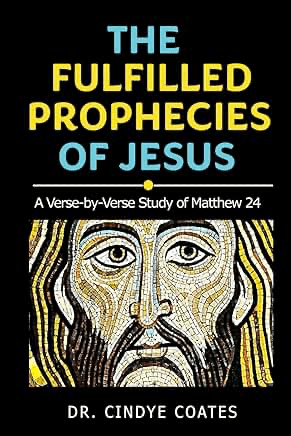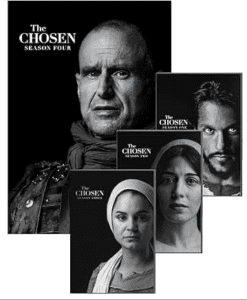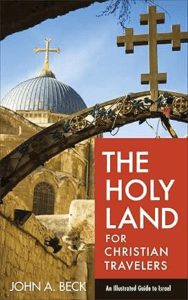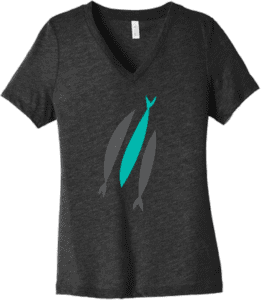Explaining The Chosen: Season 1, Episode 6: Indescribable Compassion
Here’s another excellent episode of The Chosen, Angel Studios’s high quality and entertaining series covering the life of Jesus. In this episode, we see just how extraordinarily different Jesus interacted with people, compared to those around him. Read on for the details I found the most interesting from a Hebraic standpoint.
And make sure to watch the episode first – this post contains spoilers!
Here are my other posts on The Chosen.
The Marked Leper
When the leper trying to sell his expensive tools to the pawn broker in the opening scene reveals his “mark”, as the pawn broker comments, it’s a sure sign that he has leprosy. This is not a mark that has been put on him by himself or someone else, but the sore itself. The Hebrew word (ne-gah – נֶגַע), commonly translated as “mark” (Lev. 13:3) can also be translated “sore” or “wound”.
Later, when Jesus heals this leper, Jesus instructs him to go and show himself to the priests and bring the offering as instructed by Moses. Why? If Jesus healed him, he’s good, right? Doesn’t Jesus have the authority to declare this man clean?
Jesus was instructing the man to keep the Law as given in Leviticus 13 and 14, where the instructions were given on how to handle contagious skin diseases. When it’s apparent that a person with leprosy is recovering, they’re to show the recovering area to the priests and bring with them certain offerings. In this part of the story (Mark 1:40-45, Matt. 8:1-4), Jesus not only heals a man, he upholds the Law. In Matthew 5:17-19, he states that he didn’t come to abolish the Law and we see here just one way he lives that out in his time here on earth.
Who is the Av Bet Din
For some background here, let’s look at the Hebrew. Av (אָב) means “father”, beit (בַּיִת) means “house”, and din (דִּין) means “judgement”. The Beit Din was the “house of the court” and the “Av Bet Din” was the chief rabbi that presided over that Jewish rabbinical court. The Av Bet Din presided over the Bet Din in Jesus’s time and, believe it or not, still does today!
The Bet Din makes decisions based on Jewish law – from both the written (the Torah, the first 5 books of the Bible) and oral laws. In this scene, they’re trying to deduce whether John the Baptist is in violation of any of these laws. We find out that Shmuel is the one that improperly gave the order for John to be detained and Nicodemus is unsure whether this was the correct decision, based on his previous conversation with John himself.
Life on the Road
When making camp, Simon and James (the lesser – remember there are 2 Jameses) joke about not being prepared for “life on the road”. Simon says, “The Torah doesn’t mention the blisters”. He’s referring to the Exodus of the Hebrew people from Egypt and their time of wandering in the wilderness.
Simon asks James what he did before he was called to follow Jesus. James says he had been on the way to join the 288 when he met Jesus. The 288 is the Temple Choir referred to in chapter 25 of 1st Chronicles. Although it doesn’t say in the Bible that James had this history, it’s suggested in this episode that he would have been on his way to becoming one of these musical performers in the Temple services.
Tzomo Lecho Nafshi
The song James sings just after the conversation between he and Simon is a traditional Jewish song called Tzomo Lecho Nafshi. Usually sung in Hebrew, it’s from Psalm 63, verses 2 and 3. It was written by King David when he was in the wilderness so it’s appropriate that James would bring it up at a time when they’re traveling and the topic of the Israelites’ wandering was discussed.
Here’s a video of it in Hebrew:
Jesus Speaking Egyptian to Tamar
When Jesus encounters Tamar, the Egyptian woman, he inquires about her necklace, then speaks to her in her native language, Egyptian. She says she grew up there and that her father was from Ethiopia.
In The Antiquities of the Jews, the historian Josephus indicates that there are connections between Ethiopia (Cush) and the Hebrew people starting back in the time of Moses. Jesus speaks Egyptian to Tamar and comments on the familiarity of her jewelry, saying he had grown up in Egypt. He was referring to when he and his mother, Mary, and his step-father, Joseph, fled the wrath of Herod. Herod committed mass infanticide, having all boys under the age of 2 murdered (Matt. 2:16). It’s not clear how long they stayed in Egypt, just that they lived there until Herod died.
It’s assumed that Jesus spoke a variety of languages. Aramaic was probably his first language but he likely knew extensive Hebrew and Greek as well. He may have picked up some Egyptian when he lived there also. The areas of Jesus’s life and ministry were home to different people groups and many others passed through so they would’ve spoken many different languages.
Shmuel Reads from the Scroll
Nicodemus tells Shmuel to read from the scroll of Isaiah. Why didn’t Nicodemus tell him what verse to read? When he starts to read in the wrong place, Nicodemus tells him to read “further down – a few lines”. Again, why didn’t he just tell him to go to chapter 40, verse 3?
If you’ll look closely at the scroll he’s reading from, you’ll see that there are no numbers on it. It appears to be just columns of words with very few spaces! The verses are not numbered, the books aren’t labeled, and chapter breaks are non-existent. Those who study these scrolls in depth (such as Nicodemus) know how to find the verses they need. Studying Scripture in those days was quite a challenge compared to how we study today!
Here’s a picture of the scroll we read at our synagogue:
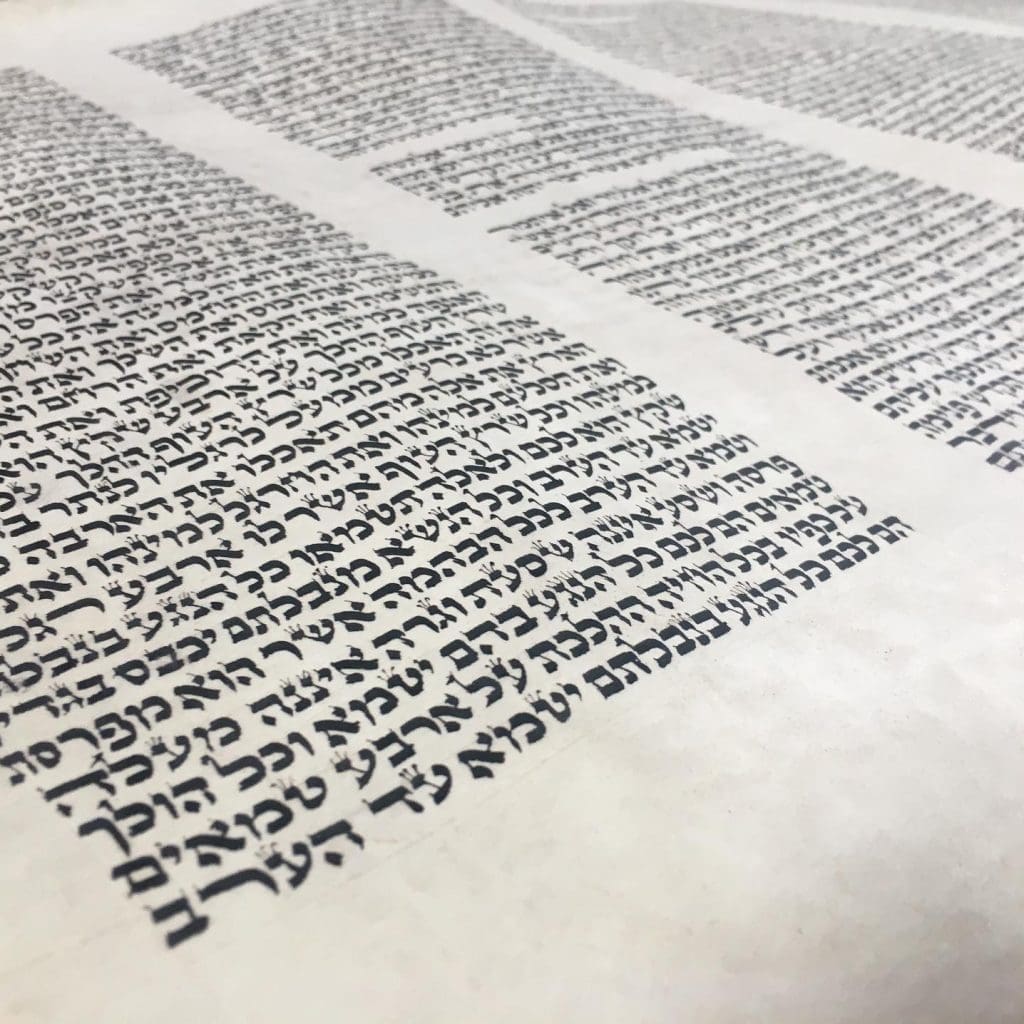
That’s What the Maccabees Said
When the Roman soldiers came to crash the party when Jesus drew a crowd while speaking at the house, Andrew tried to calm them. He said, “This is a peaceful gathering”. And Gaius replied, “That is what the Maccabees said”.
This is in reference to the story of the Maccabean revolt. You won’t find it in the Protestant Bible, but in the books of the Maccabees. Reference to this story can also be found in the writings of Josephus. This is the story behind the celebration of Hanukkah.
Here’s the story. In the time between the Old and New Testaments, around 165 BC, the Jewish people were under Syrian Hellenistic rule. Antiochus IV was the leader of the Seleucid Empire at the time. Under his control, Jewish traditions were outlawed, including Sabbath keeping, adherence to a Kosher diet, and circumcision. Idols were set up in the Temple. Pigs were rumored to have been sacrificed on the Temple altar. Among the punishment for observance of Jewish traditions were death and torture.
Rather than face brutal punishment, many Jews assimilated with Hellenistic culture. Some evaded their Syrian leaders by hiding in the hills and caves of Judea. A small number of Jews led by Judah Maccabee decided to revolt. Despite the overwhelming opposition, they courageously stood up for their God, His Word, and His Temple. They were miraculously victorious despite being greatly outnumbered!
I love when The Chosen’s writers add things like this to the dialogue in this series because it adds an authenticity to the characters and their conversations, even though these conversations aren’t in the Gospels.
I love the light this episode casts on our Messiah! I can’t wait to cover the next episode! Stay tuned for Episode 7: Invitations.
Do you love Israel?
Use coupon code Hebrew20 for a 20% discount on your order!
Need a gift for someone who does?
Experience the Holy Land without leaving home with Artzabox.
Click here to find yours!
